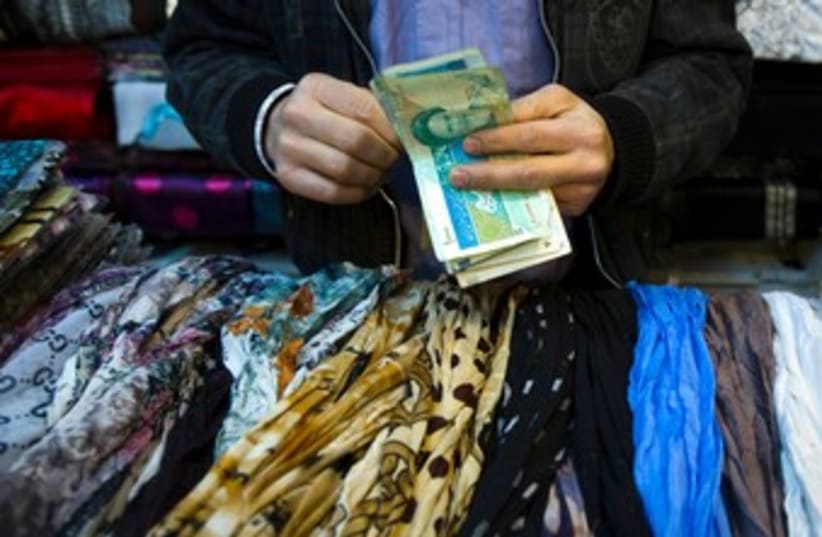DUBAI - Iran is ready to resolve all nuclear issues in the next round of talks with world powers if the West starts lifting sanctions, its foreign minister said on Monday.
In an interview with the Iranian student news agency ISNA, Ali Akbar Salehi also hinted that Iran could make concessions on its higher-grade uranium enrichment, a key concern of Western powers.
"If the West wants to take confidence-building measures it should start in the field of sanctions because this action can speed up the process of negotiations reaching results," Salehi was quoted as saying.
"If there is goodwill, one can pass through this process very easily and we are ready to resolve all issues very quickly and simply and even in the Baghdad meeting," he added, referring to a second round of talks with world powers scheduled to take place in the Iraqi capital on May 23.
Salehi described an initial meeting with the five permanent members of the UN Security Council and Germany in Istanbul on Saturday as positive and constructive.
The talks had been stalled for more than a year during which time the United States and the European Union tightened sanctions on Iran which they suspect is seeking nuclear weapons capability, a charge Tehran denies.
Salehi said Iran would always assert its right to process uranium for peaceful purposes but that there might be room for a compromise on higher-level enrichment.
"Enrichment is Iran's right but we can negotiate on how we obtain uranium with different enrichment levels," he said.
"Naturally, there will be a more positive view towards the stock exchange," he added.The United States and its allies have imposed sanctions against Iran's banking and energy sectors to force Iran to reconsider its uranium enrichment activities which they believe is part of a program to develop a nuclear weapons capability.Iran says its goals are purely peaceful.While Iranian officials have played down the impact of sanctions, people across the country have encountered increasing financial hardship as prices of goods have spiraled and the value of the rial has plummeted.The economic slump has led to tens of thousands of job losses as companies have closed their doors over the prospect of mounting debt.The withdrawal of generous government subsidies on food and fuel has piled further pressure on Iranians through rampant inflation.Iran and the five permanent members of the UN Security Council plus Germany are set to meet again in Baghdad on May 23 in an effort to work towards a comprehensive negotiated solution over Iran's nuclear program.Iran maintains it has the right to enrich uranium under its membership of the Nuclear Non-Proliferation Treaty but has recently hinted it may be flexible in its activities as long as its needs are met and the West lifts sanctions against it.Meanwhile there is disagreement among the countries negotiating with Iran over the policy of using sanctions to punish Tehran. Russia and China have criticized the measures imposed by the United States and EU, with Moscow recently describing them as "totally contrary to international norms".
